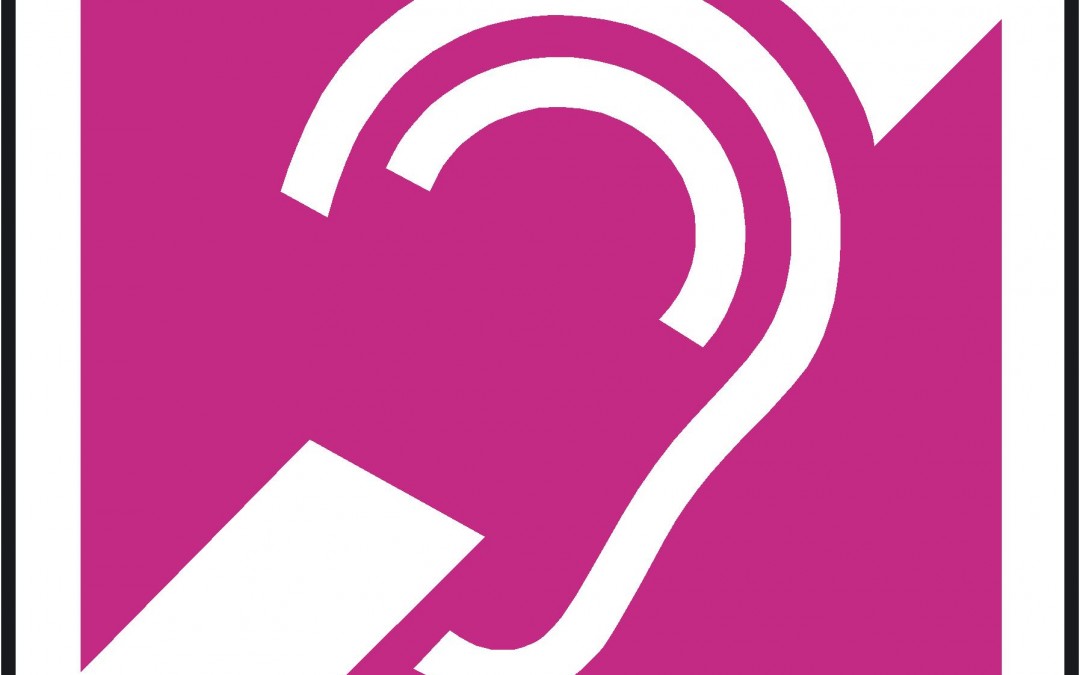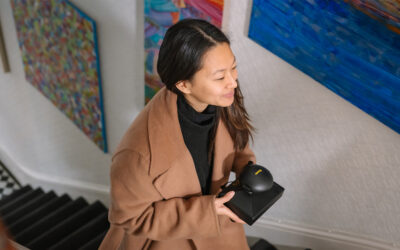In 2016, UCAS registered 507,108 university applicants. Statistically speaking, 1 in 6 of these applicants will have a hearing impairment. That’s a staggering 84,518 students. In 2015, 532,300 entered higher education. Following those same statistics, 88,716 new students will have a hearing impairment.
2009 saw the Equalities Challenge Unit publish a document called Sensory Access in Higher Education Guidance which looked specifically at hearing and visual impairments and how they are treated in British universities. This document identified several key points which persist seven years on.
The document reveals that many staff at universities, while comfortable and confident working with sensory impaired students, are reluctant to take on more. They fear that the funding and time needed to offer the right level of support would be difficult to find. This reluctance could very easily result in discrimination against disabled students.
Disability Services teams at universities are acutely aware that students who are hard of hearing are, more often than not, reluctant to address their support requirements. Many students feel that deafness is a hidden disability and most feel like they can get by without additional support. All well and good, after all, independence is a fantastic thing. However, there are a few situations where requiring assistance is going to be unavoidable. Evacuation being a prime example.
So what do you do if students are consistently refusing to disclose impairments? Universities themselves must ensure that environments are accessible for everyone, and when we say ‘accessible’ please remember we don’t just mean wheelchair users. More importantly, this should be done before someone with an impairment wants to use the premises. Waiting until they already use your buildings defeats the point of even having an Equality Act.
There are three simple things that universities should do to help overcome these problems:
- Adequate funding can help to provide the right resources and equipment and will ensure students aren’t discriminated against because of their support needs. Think of it as an investment to help attract new students.
- Encourage students to disclose their disability. This can only be done by ensuring a safe, accepting and comfortable environment.
- Appreciate that some students will not wish to disclose this information and treat this with sensitivity, making sure that provisions and resources are in place.
With students now paying higher tuition fees than ever before, universities across the UK are now under pressure to be as competitive as possible as potential new students make a decision on what campus suits their needs best.
If I commit years of my life to something that will leave me with average debts of £35-40k, I want to be sure that the place I’m going is looking after me based on my own needs, no one else’s. Wouldn’t you?
Further information
You might also like
Deafgard: The Alarm for the Deaf and Hard of Hearing
Guest safety is paramount in hospitality. Fireco’s Deafgard ensures deaf and hard of hearing individuals are protected during emergencies. This portable, compliant device offers peace of mind for both guests and hotel operators, enhancing modern safety standards.





I want to study Electrical Engineering in Diploma at an international college in UK. I am Deaf in South Africa Sign Language. My whatsapp number is +27791998145. Please whatsapp me
Hello Kamogelo, if you need any help or advice about our product range and how it could help you, please send us an email to contact@fireco.uk